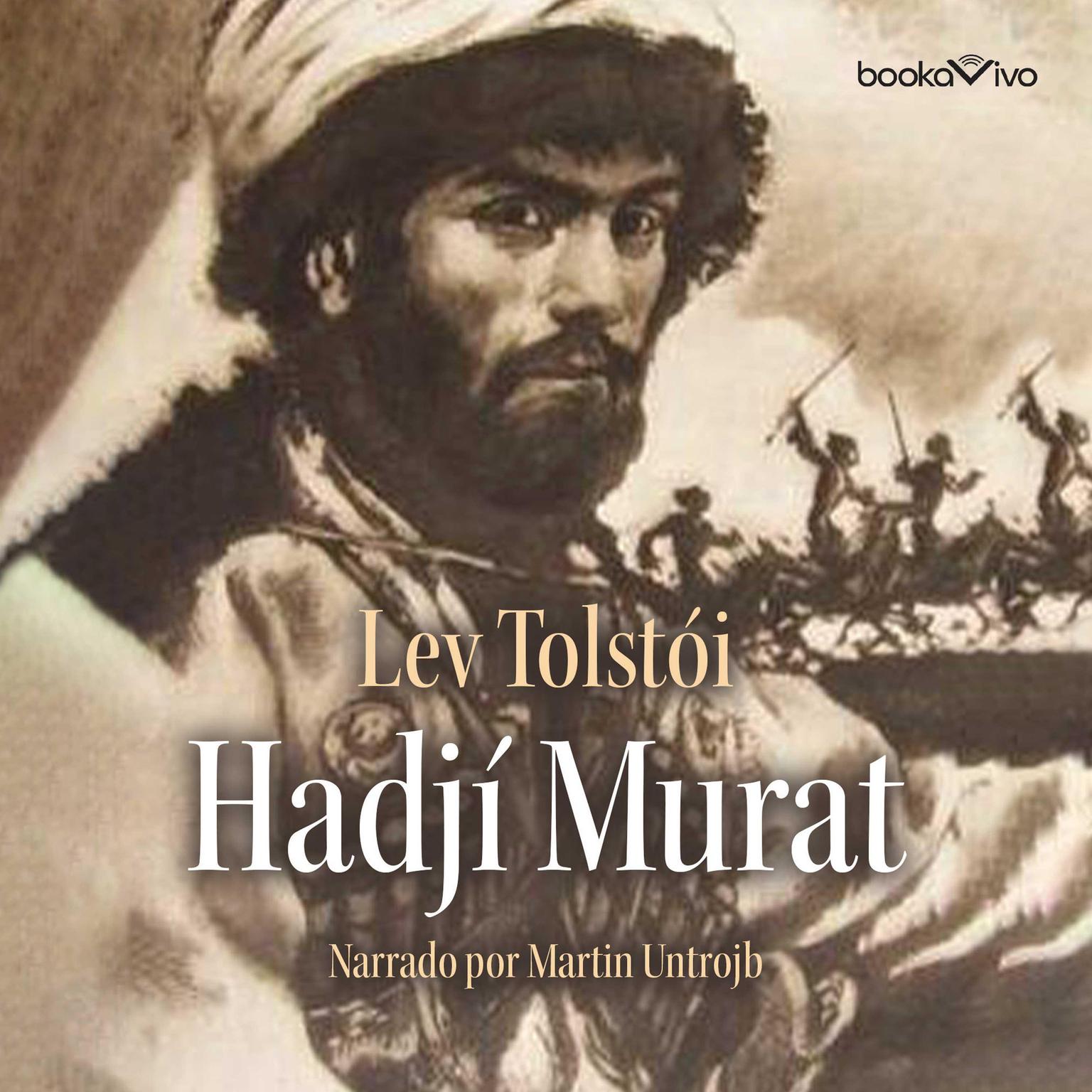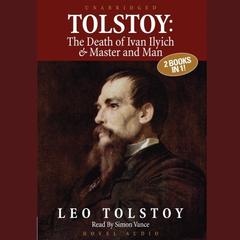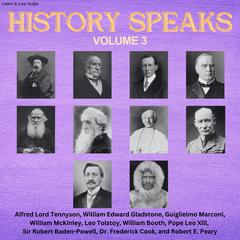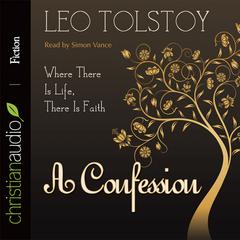 Play Audiobook Sample
Play Audiobook Sample
Hadjí Murat Audiobook
 Play Audiobook Sample
Play Audiobook Sample
Quick Stats About this Audiobook
Total Audiobook Chapters:
Longest Chapter Length:
Shortest Chapter Length:
Average Chapter Length:
Audiobooks by this Author:
Publisher Description
“Hadjí Murat” es una novela histórica escrita de primera mano, ya que Tolstói conoció a algunos de sus protagonistas durante su permanencia en el Cáucaso. La acción transcurre en torno a 1850, bajo el reinado del zar Nicolás I, que se caracterizó por llevar a cabo una política expansionista y de absolutismo represivo. De hecho, el retrato que del zar se hace en la obra nos le describe como un hombre arbitrario, poco justo y demasiado orgulloso. “Hadjí Murat”es la historia de un djiguit, término árabe para designar a un jinete y, por extensión, a un valiente. Es un musulmán del Cáucaso que lucha en contra de las tropas rusas que tratan de dominar Chechenia, Osetia, Daguestán. Un tema que, siglo y medio después, aún colea, como sabemos. Pero nuestro héroe tiene un conflicto con el fiero Shamil, el jefe de las tropas rebeldes, por lo que decide pasarse al bando de los rusos, donde es acogido con gran regocijo.
Download and start listening now!
Hadjí Murat Listener Reviews
Be the first to write a review about this audiobook!
About the Authors
Leo Tolstoy (1828–1910) was born about two hundred miles from Moscow. His mother died when he was two, his father when he was nine. His parents were of noble birth, and Tolstoy remained acutely aware of his aristocratic roots, even when he later embraced doctrines of equality and the brotherhood of man. After serving in the army in the Caucasus and Crimea, where he wrote his first stories, he traveled and studied educational theories. In 1862 he married Sophia Behrs and for the next fifteen years lived a tranquil, productive life, finishing War and Peace in 1869 and Anna Karenina in 1877. In 1879 he underwent a spiritual crisis; he sought to propagate his beliefs on faith, morality, and nonviolence, writing mostly parables, tracts, and morality plays. Tolstoy died of pneumonia in 1910 at the age of eighty-two.























